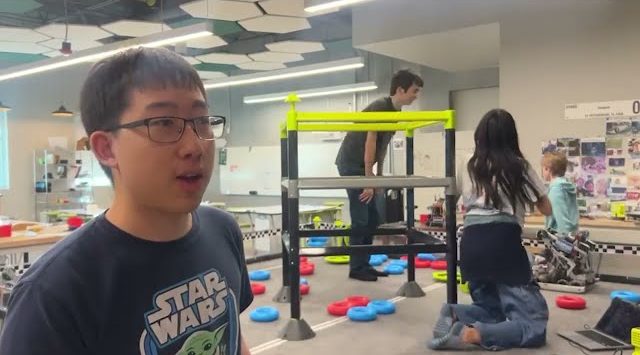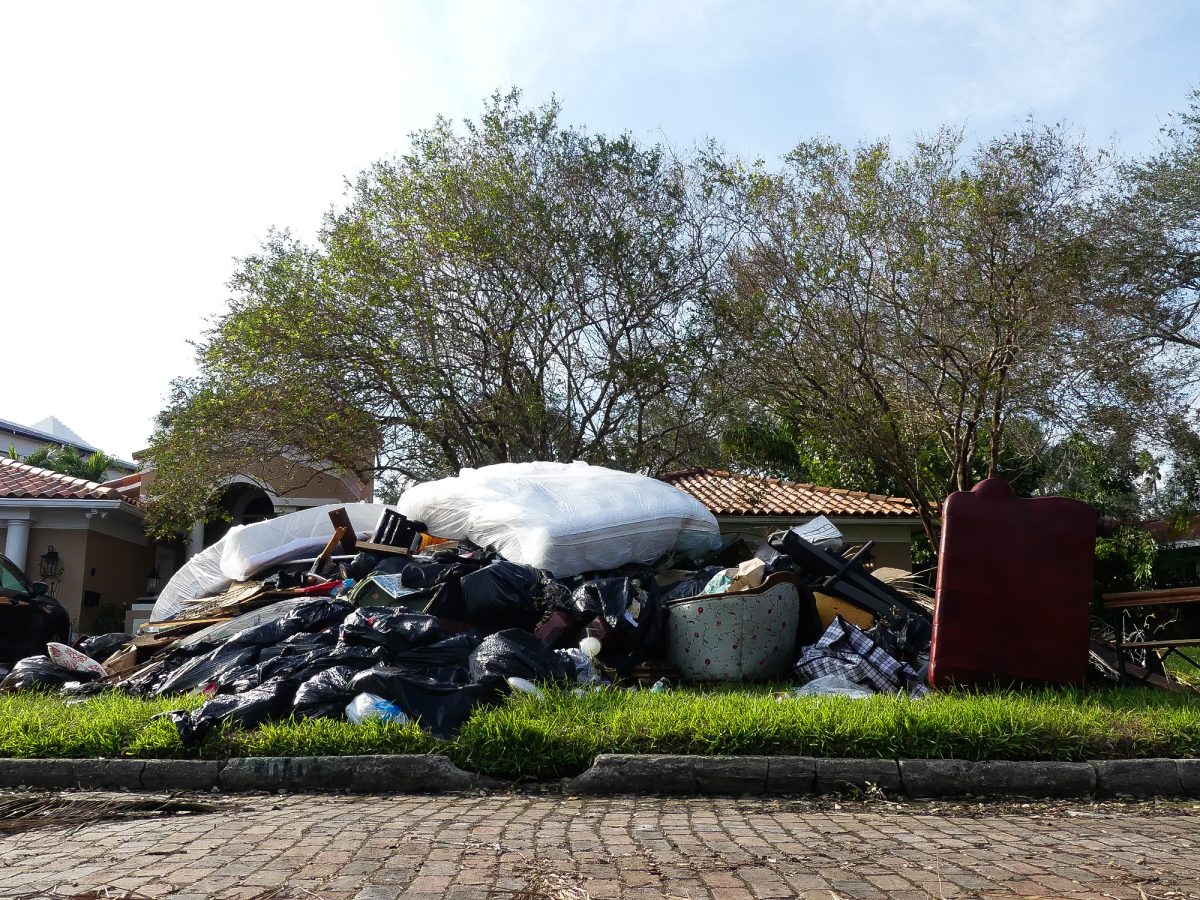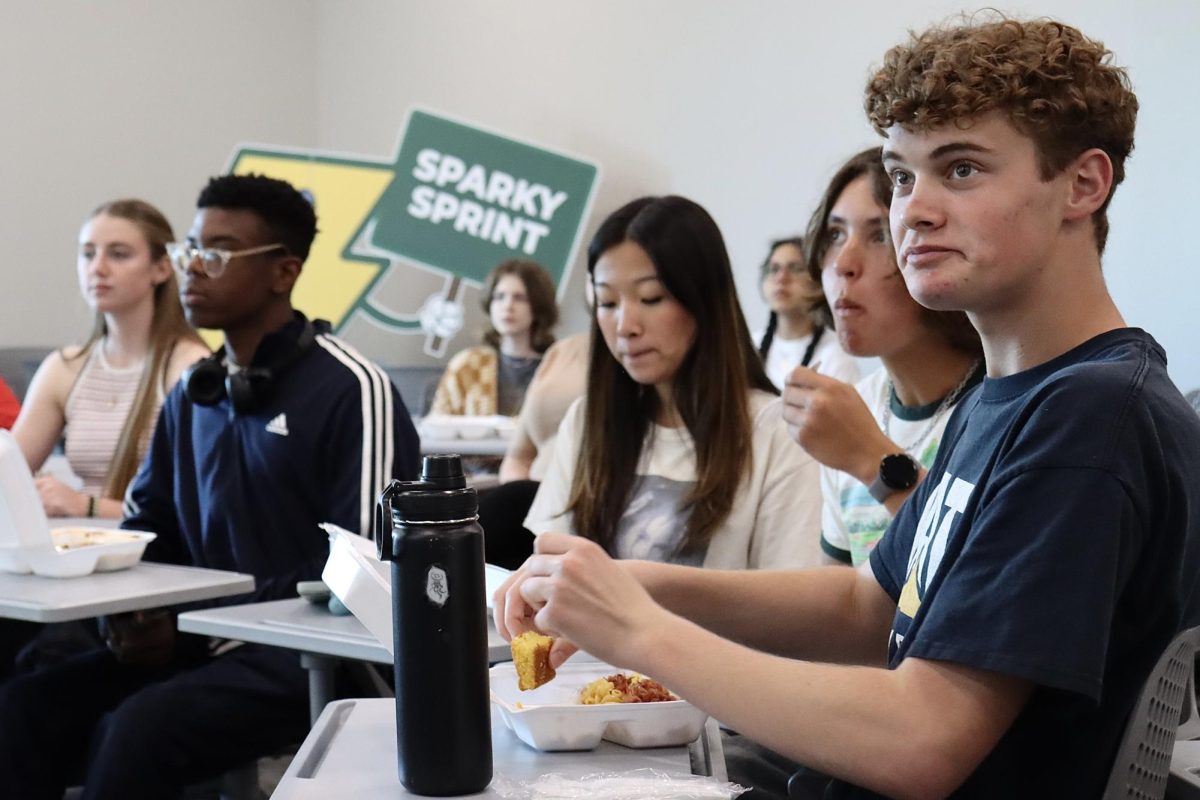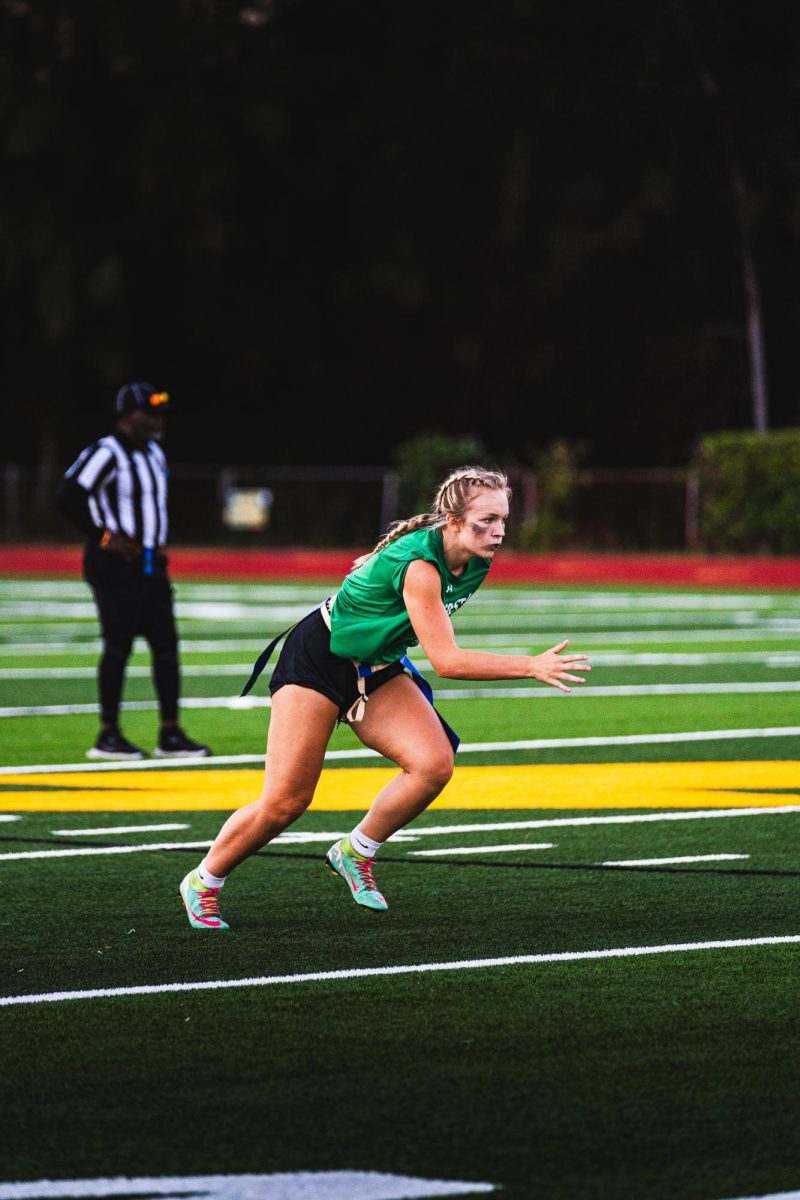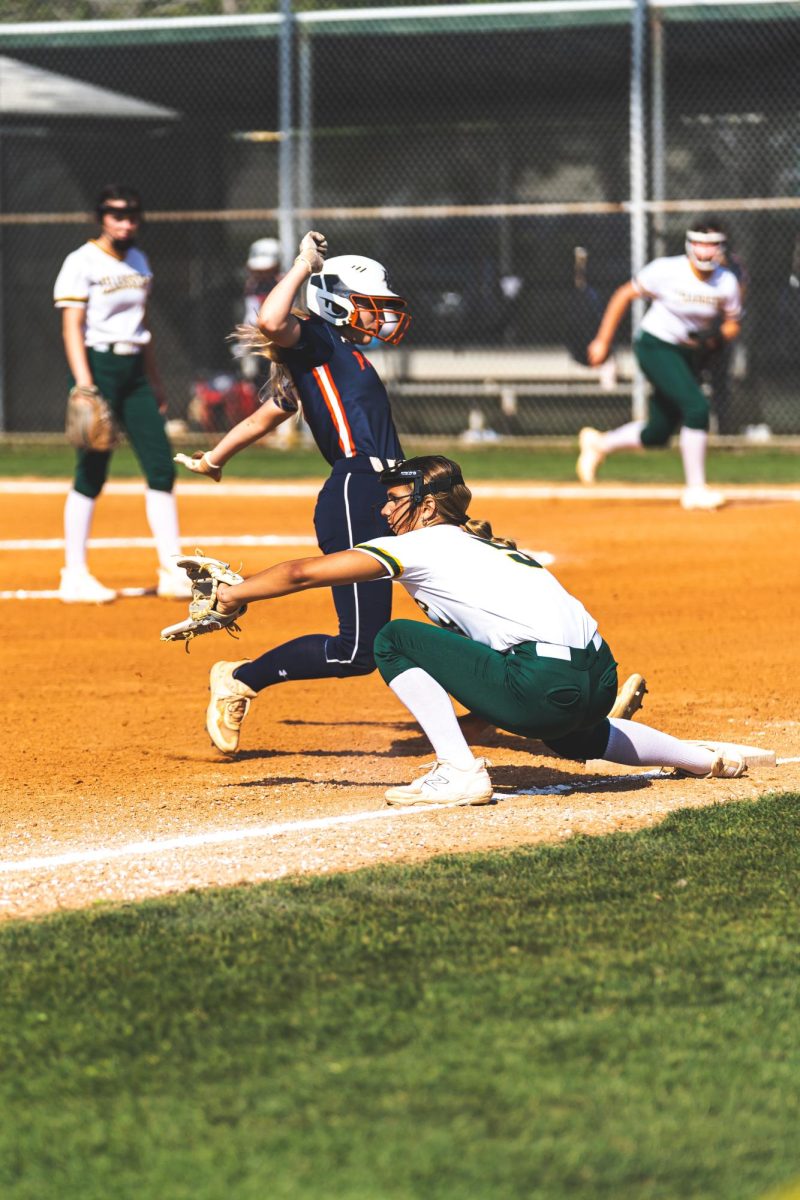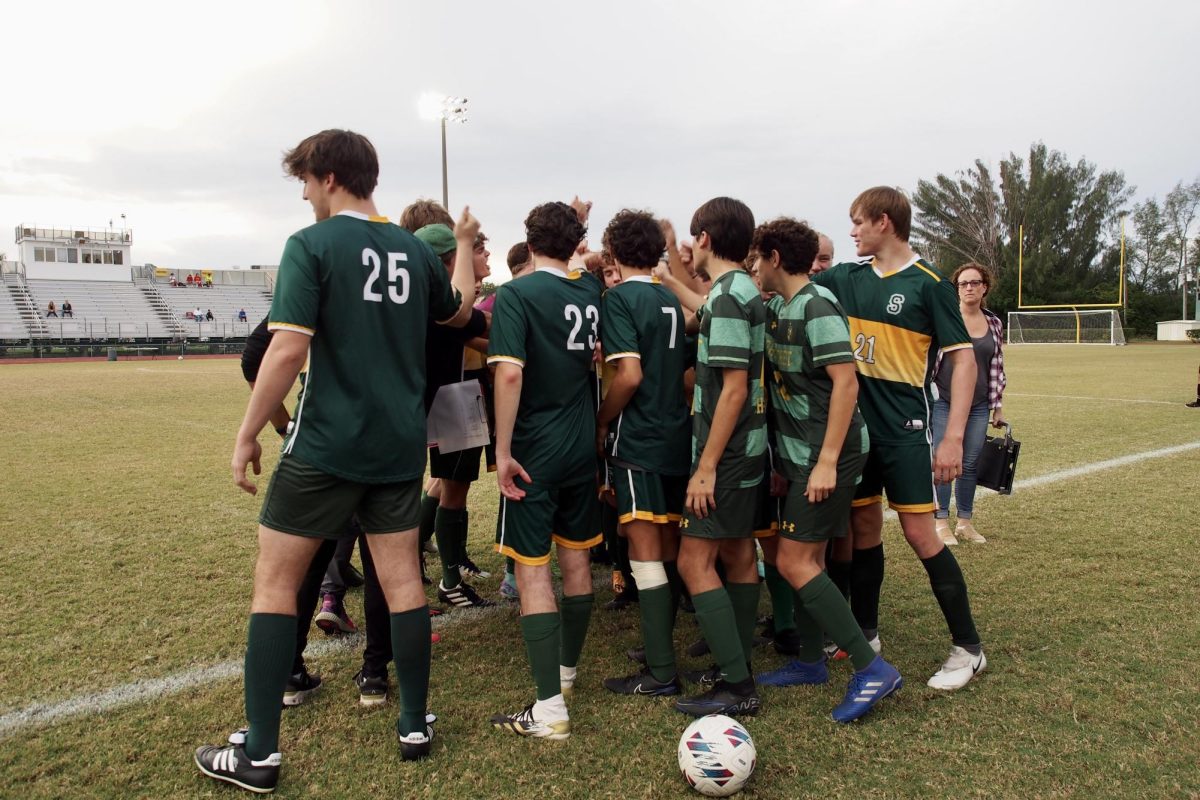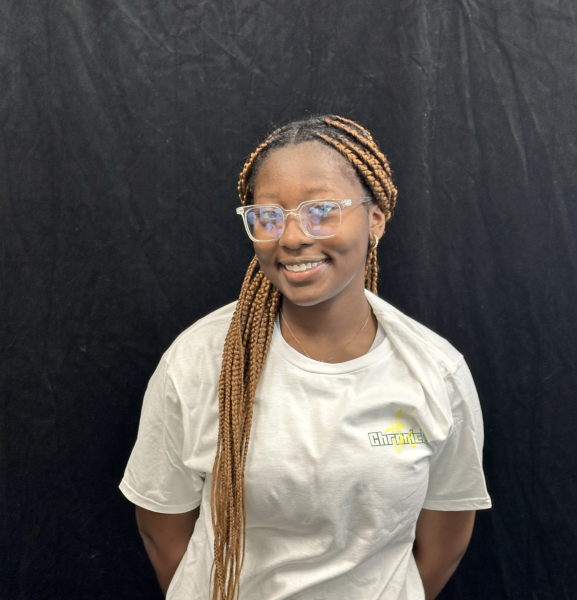The alarm rings. You glance at the clock, eyes still half-shut. 6:45. New day, same routine. Your day will be filled with school assignments, practice, extracurriculars, and by the time you get home, it’ll feel impossible to get any homework done. At first glance, high school can seem like an all-time high—new people, relationships, and adventures, but the reality is that high school is hard. Like, really hard.
Several high school students struggle with the pressure to get perfect grades, balance social life, and worry about plans after graduation. It’s easy to become overwhelmed when juggling all different areas of life. “It’s really hard being a student athlete and also having a job,” said junior Shanya Watson. “But I manage to balance it, I guess.”
That’s where the Mental Health Matters Club (MHMC) comes in, so students like Watson can turn to it in times of need. The club’s purpose is to promote the well-being of students, with members providing help and support.

Students, in addition to navigating their academic pressure and personal challenges, desire a sense of acceptance. US Head Dean Stacy Alexander says it perfectly: “Students—they want to be heard, they want to be seen, and they want to feel understood.”
MHMC emphasizes the use of peer-led groups. These groups are occasional meetings where students can discuss certain topics that personally resonate with them. Topics can range from methods for managing stress and anxiety to the experiences tied to being a Black student at Shorecrest.
During these meetings, students are encouraged to participate in discussions. However, lending a listening ear is just as appreciated.
In a recent peer-led discussion, students shared their thoughts and experiences as a Black student attending a predominantly white institution (PWI) such as Shorecrest. For minority groups, attending Shorecrest comes with unique problems that can be hard to face.
During the discussion, several of the Black students at Shorecrest said they find comfort in the fact that most of their teachers authentically support them inside and out of the classroom. And when those kinds of relationships are formed, they feel as though people see them as more than just the color of their skin.
Sometimes, though, support can fall short of truly helping. Black students expressed how they also feel as if they must work harder than their white peers to be accepted or continuously prove their worth to others.
Watson said, “I love and appreciate the support, but, sometimes, support just isn’t enough when I feel like I have to earn it.”
This constant pressure can be exhausting, and if these feelings are left unheard, students can be left feeling like they’re fighting for a spot in a place that doesn’t recognize their struggles.
The MHMC hopes to forge the bridge between support and action by giving students a chance to express their feelings in a community built on a sense of connection, appreciation, and ultimately, understanding.
MS Counselor JJ Dalton said, “I feel like at the middle and high school age, especially, having peers who are going through the same thing that you are, and having the same feelings can sometimes be more impactful than a counselor or an adult.”



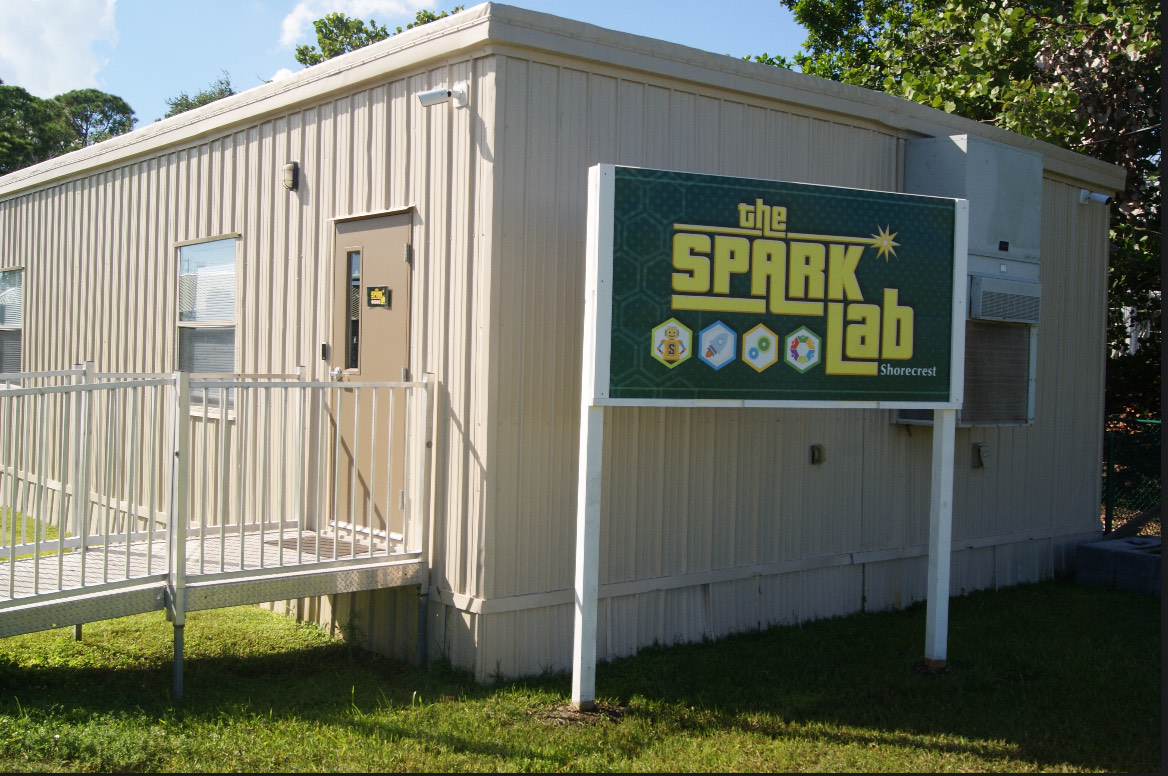



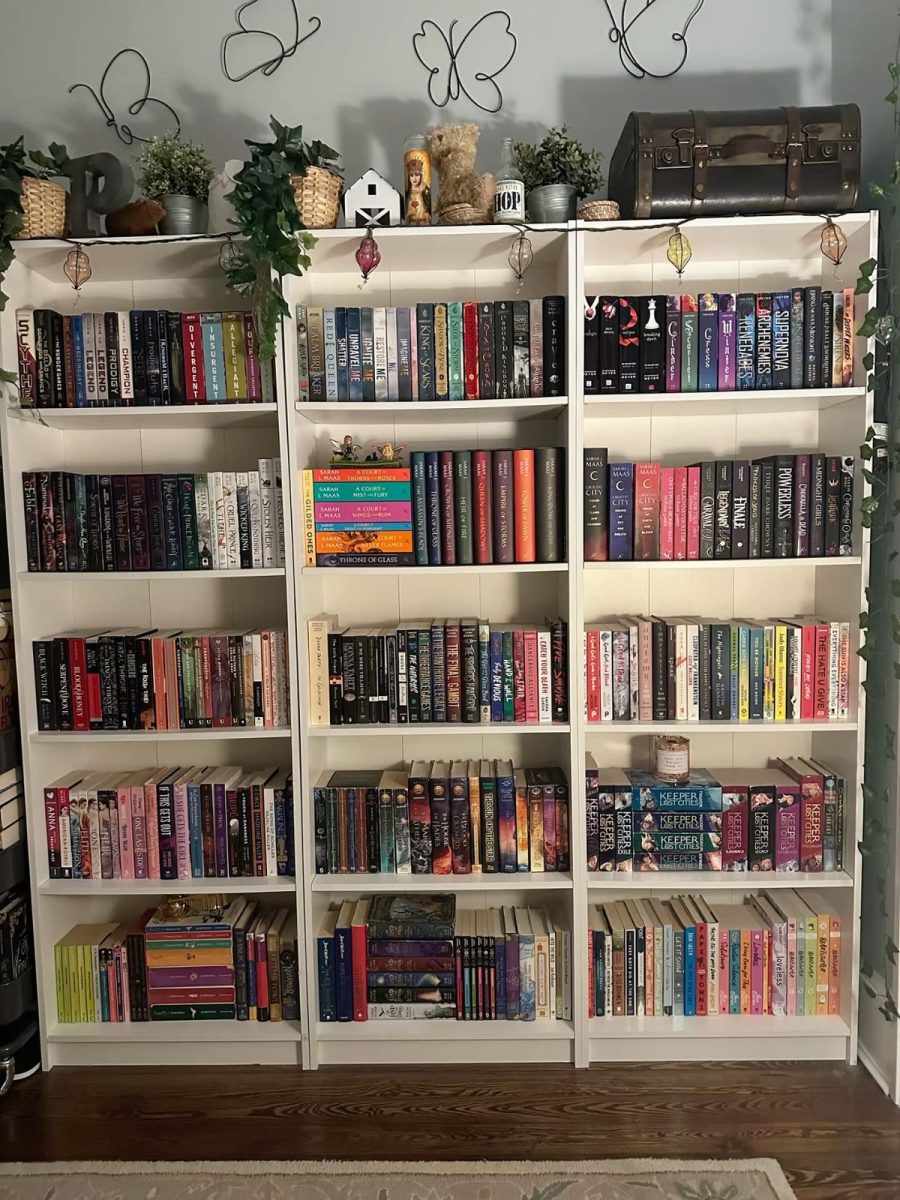
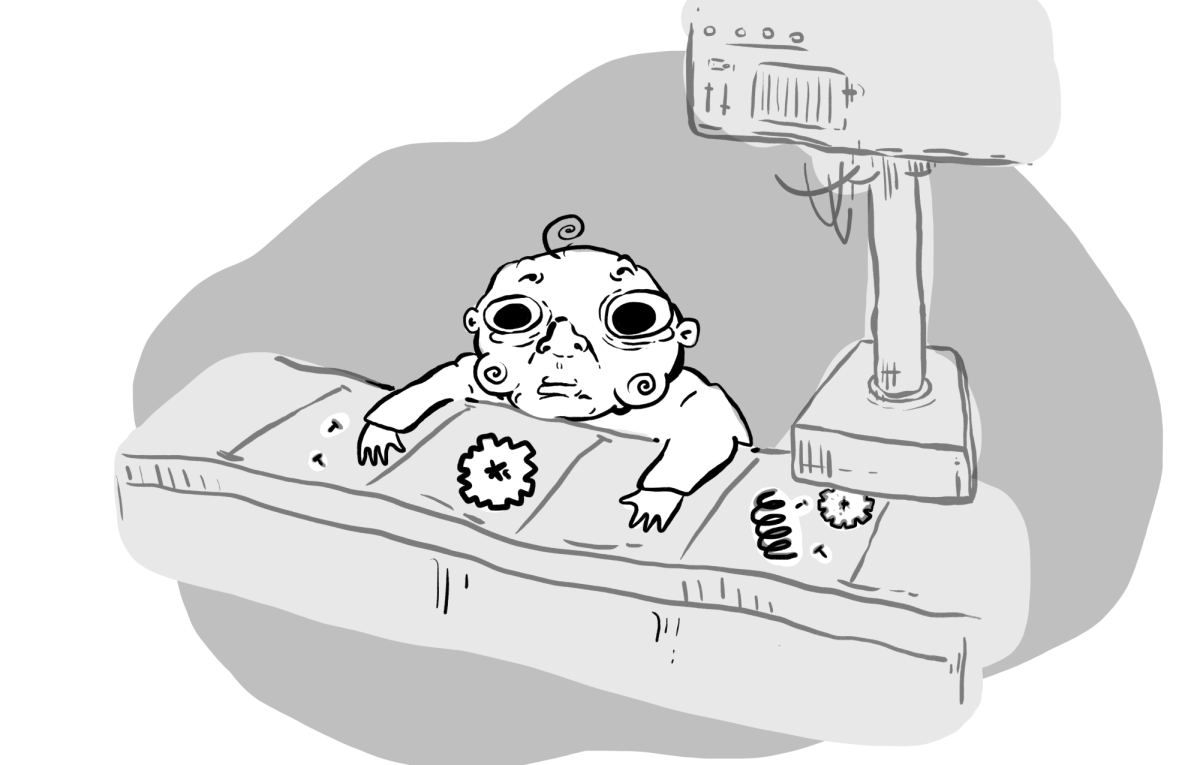



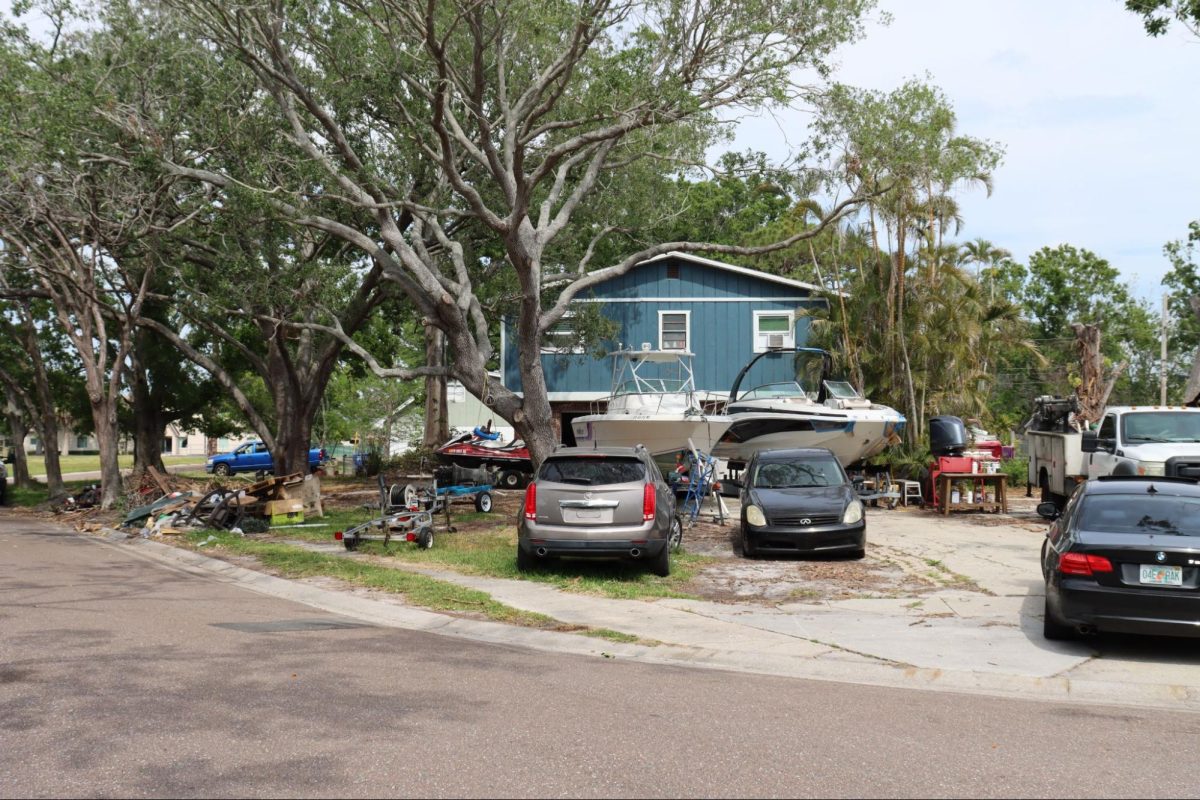

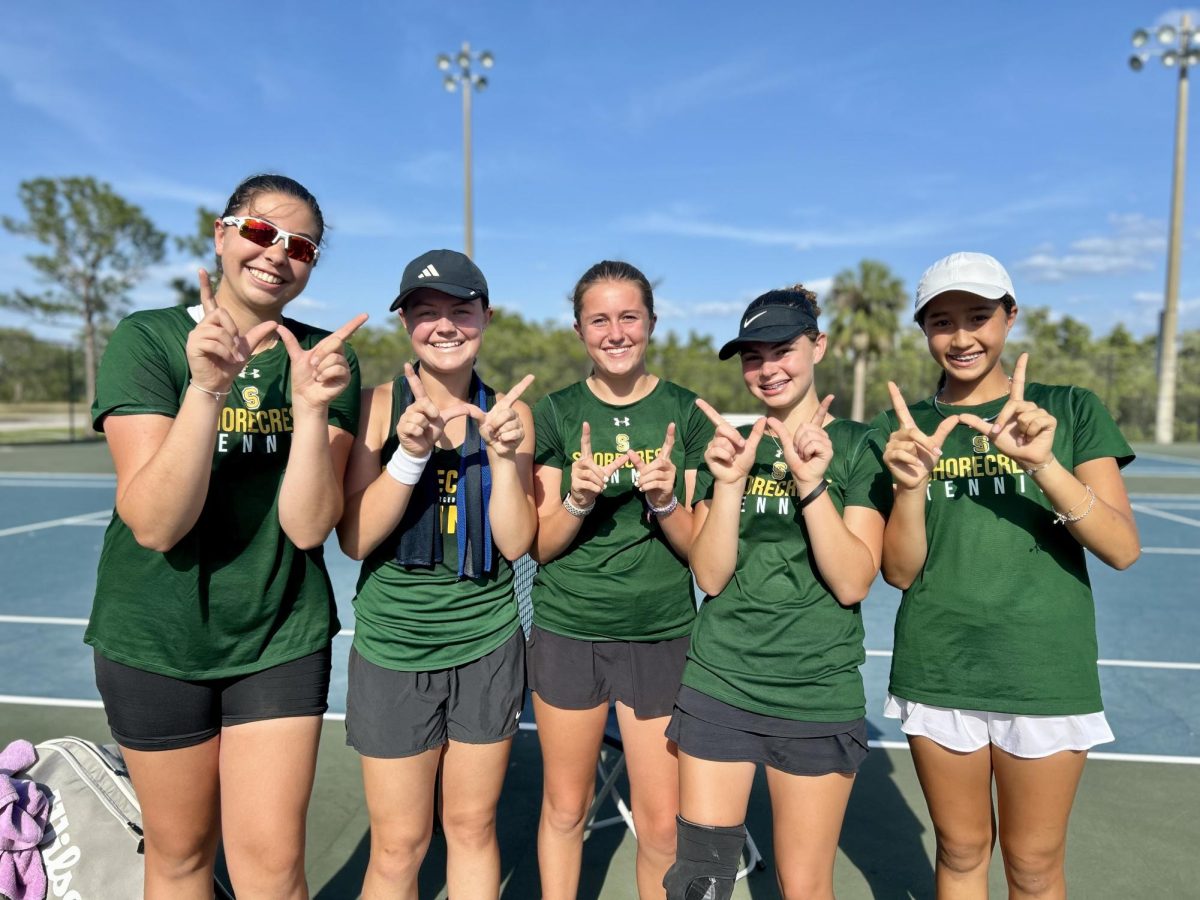


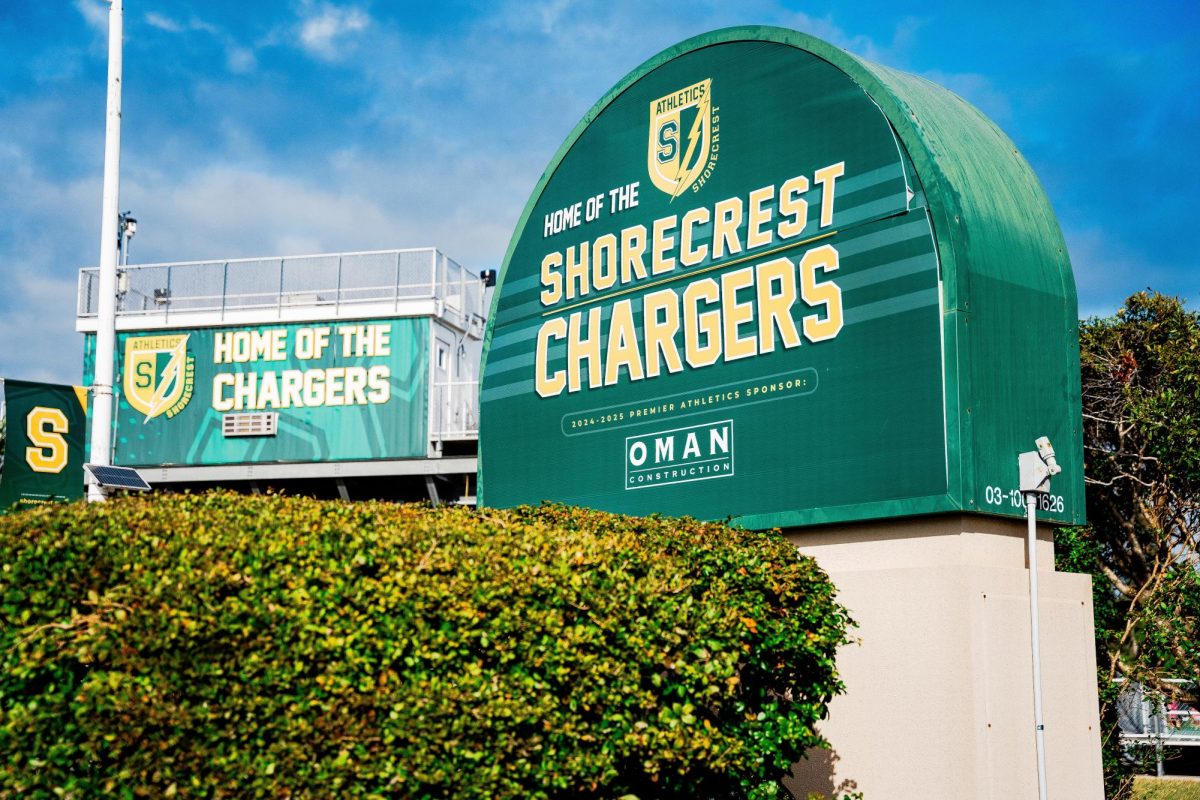





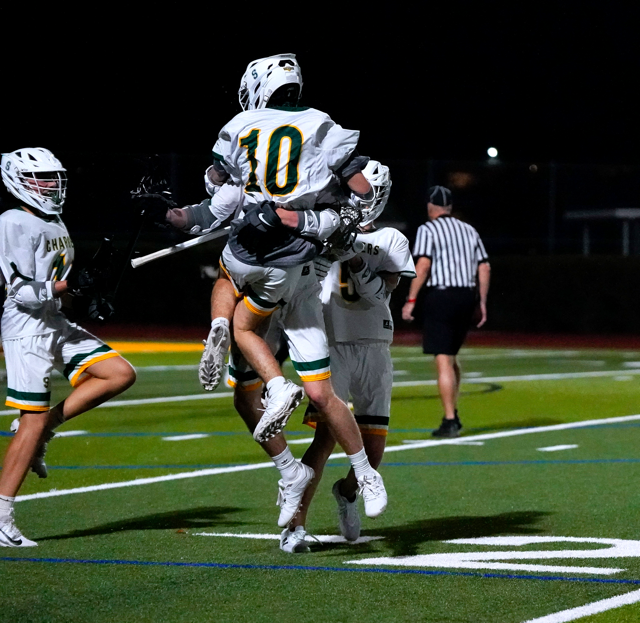

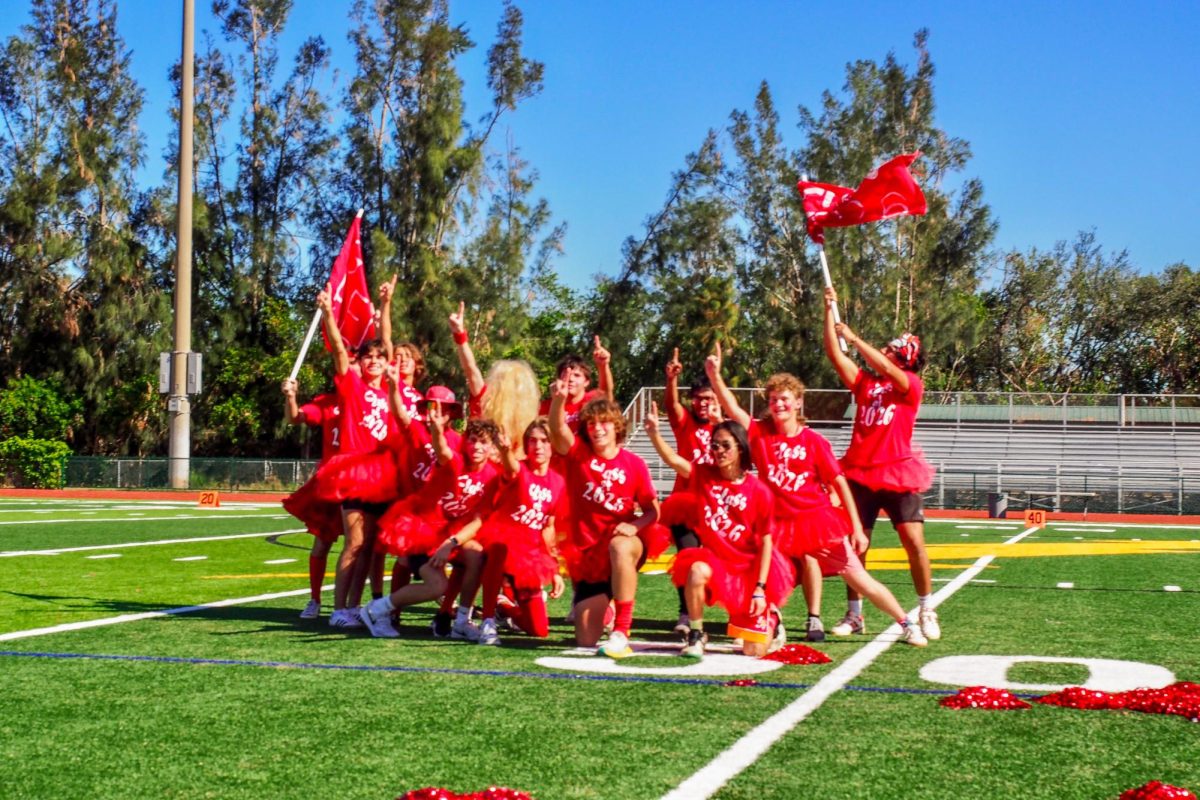
![Thespians pose on a staircase at the District IV Thespian Festival. [Front to back] Luca Baker, Maddison Cirino, Tanyiah Ellison, Alex Lewis, Summer Farkas, Jill Marcus, Ella Mathews, Sanjay Sinha, Isabella Jank, Sofia Lee, Boston Littlepage-Santana, Sally Keane, Tyler Biggar, Tanner Johnson, Jasper Hallock-Wishner, Remy de Paris, Alex Jank, Kaelie Dieter, and Daniel Cooper. Photo by Michael McCarthy.](https://spschronicle.org/wp-content/uploads/2024/12/image1-900x1200.jpg)
